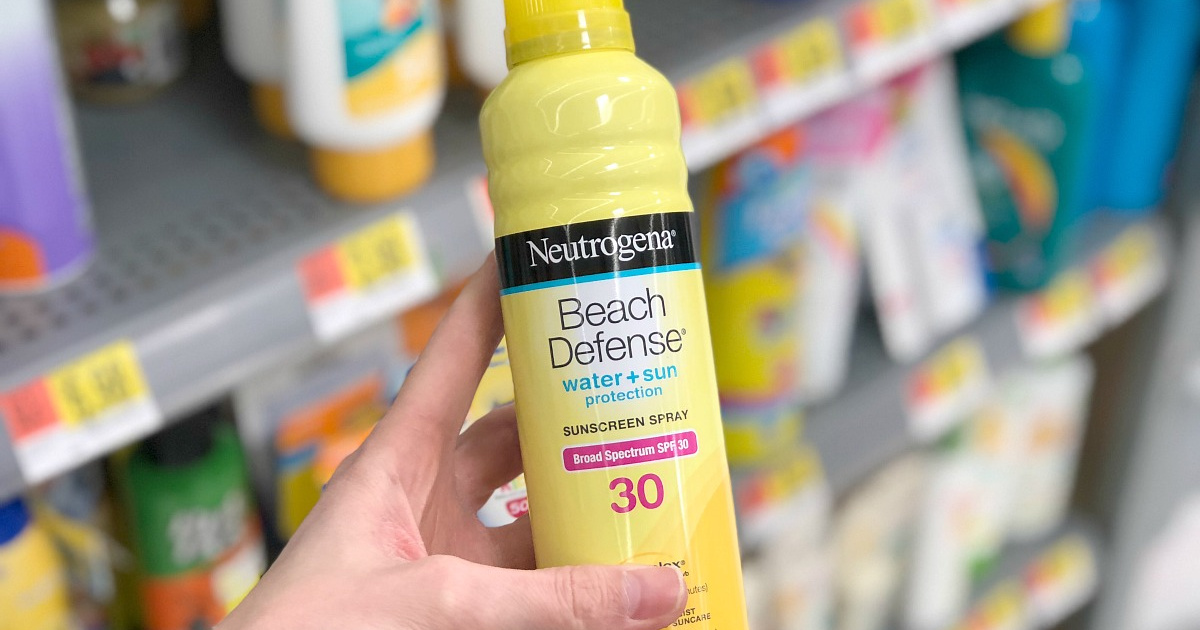
- #SUNSCREEN RECALL SKIN#
- #SUNSCREEN RECALL FULL#
Most sunscreens, especially EltaMD, are safe to use and far safer than exposure to the sun’s harmful radiation, which we know causes cancer. Most importantly, don’t let this deter you from practicing good sun safety.
EltaMD comes in safe lotion form we sell EltaMD sunscreens in all our locations and it’s highly recommended by our dermatologists.  Keep track of recalls through the FDA website, Consumer Product Safety Commission website and the American Academy of Dermatology website. In addition to sunscreen you can also wear protective clothing like UPF rating sun shirts and hats when exposed to the sun during peak hours (10am-2pm).
Keep track of recalls through the FDA website, Consumer Product Safety Commission website and the American Academy of Dermatology website. In addition to sunscreen you can also wear protective clothing like UPF rating sun shirts and hats when exposed to the sun during peak hours (10am-2pm). #SUNSCREEN RECALL SKIN#
Skin cancer is the most common form of cancer, with more people diagnosed with skin cancer annually than all other cancers combined, and is in the majority of cases preventable. We have a wealth of research that shows sunscreen prevents skin cancer by shielding your skin from UV radiation. It’s vital you continue to protect your skin with sunscreen SPF 30 or higher for safety and effectiveness we recommend EltaMD brand sunscreen. #SUNSCREEN RECALL FULL#
Most sunscreens are benzene free and remain safe to use when in doubt contact the manufacturer for a full list of ingredients. The FDA is evaluating use of sunscreens containing benzene it is likely benzene evaporates before it’s absorbed into skin and risk from inhaling it has not been determined. Johnson & Johnson conducted a voluntary recall on their spray on sunscreen products (Neutrogena and Aveeno aerosols) and CVS paused sale of two of their CVS brand after-care products. In May 78 sunscreens, mostly spray on varieties, were found to contain a carcinogen called benzene. We sell EltaMD sunscreen at all of our locations. We highly recommend the brand EltaMD for safety and effectiveness. It’s come under scrutiny, but we don’t know all the facts yet about how it could potentially impact us when used in sunscreen, particularly spray on sunscreens.Ī good rule of thumb if you’re concerned is simply to use sunscreens that don’t contain benzene. It’s a common ingredient in things like gasoline and rubber, and even hand sanitizer. Jozef Lazar explains in the video below, we likely come in contact with benzene in some form or another throughout our lives. We do know that skin cancer is the most common form of cancer and sun exposure is the biggest cause of it. It’s still critical you use sunscreen daily. This does not mean that all sunscreens should be avoided. Benzene is a known carcinogen, and since sunscreens are evaluated as over the counter drugs by the FDA, they are evaluating the risk factors in skin absorption or inhalation of benzene through these sunscreens. What we know for sure is that some spray sunscreens, especially those by Johnson & Johnson, have been voluntarily recalled after a pharmacy called Valisure found them to contain a compound called benzene. Limits have been placed at a federal and state level on how much benzene is allowed in gasoline, in order to limit the average person’s exposure.There’s been a lot of confusing information about the recall of certain types of sunscreen since May. The main way most people are exposed to benzene is by breathing air that contains the chemical. According to the National Cancer Institute, “Exposure to benzene increases the risk of developing leukemia and other blood disorders.” So, basically, it’s not something you want to slather all over yourself multiple times while at the beach. It’s a carcinogen primarily used as a solvent in the pharmaceutical and chemical industries, and is a natural component of crude oil. “Consumers should stop using these specific products and appropriately discard them.” What is Benzene? We are investigating the cause of this issue, which is limited to certain aerosol sunscreen products.” The brands’ parent company, Johnson & Johnson, released a statement wherein they clarified that “While benzene is not an ingredient in any of our sunscreen products, it was detected in some samples of the impact aerosol sunscreen finished products. All of the sunscreens recalled thus far have been aerosols, and large pharmacy chains like CVS have already removed the sunscreens from the shelves. 
Consumers should stop using these specific products and. The products were distributed nationwide through a variety of retail channels. They were pulled after independent testing had found they were contaminated with a cancer-causing chemical called. On July 14, 2021, the parent company, Johnson & Johnson (J&J), issued a voluntary recall of five Neutrogena and Aveeno aerosol sunscreen products. Over the weekend popular sunscreens from top-rated brands like Neutrogena and Aveeno were voluntarily recalled after indepenting testing found traces of the cancer-causing chemical benzene in them. The recalled sunscreen products are packaged in aerosol cans. But the latest sunscreen recall might have us think otherwise. If you purchase an independently reviewed product or service through a link on our website, SPY.com may receive an affiliate commission.






 0 kommentar(er)
0 kommentar(er)
